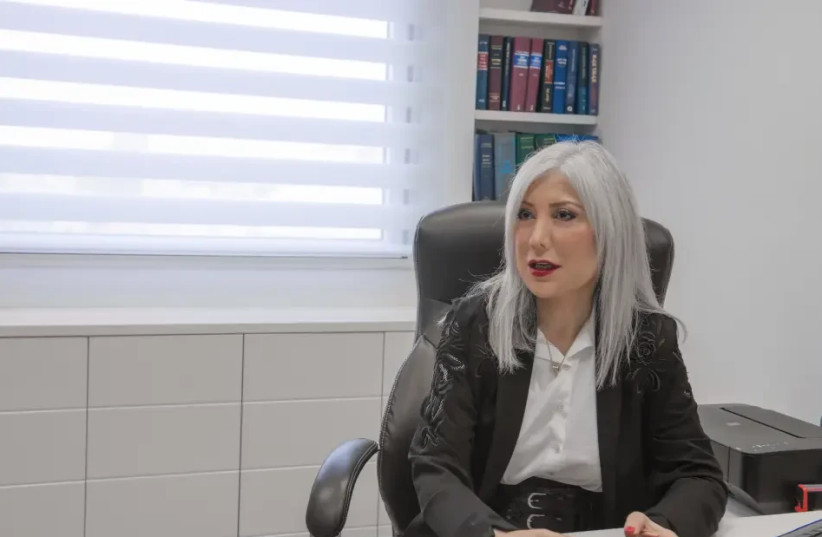A couple, originally from central Israel, forged a strong romantic partnership while successfully running a business together. They made the decision to get married, and the wedding date was set for November of 2023.
However, the outbreak of war with Hamas in October disrupted their plans, prompting them to hold a smaller, emotional ceremony at a local synagogue.
The marital discord emerged shortly after the wedding. Being of Ashkenazi descent, the wife discovered a discrepancy in the halachic rulings regarding their wedding ceremony. While Sephardi Jews are permitted to marry in a synagogue, according to Ashkenazi customs, such a marriage is not considered valid.
Was a marriage invalid because it was in a synagogue?
The husband's lawyer, Sharin Solan, defended him by claiming that there was no alternative but to proceed with the synagogue wedding and dismissed the wife's dissatisfaction as an excuse.
The husband further explained, "Given the ongoing conflict and the sacrifice our friends are making on the front lines, it felt inappropriate to celebrate our marriage with lavish festivities and dancing."

However, the wife sought guidance from experts and rabbis who confirmed that, according to Ashkenazi customs, their wedding was indeed invalid. Frustrated with her husband's refusal to acknowledge this, she insisted on having a new wedding ceremony.
She explained, "I am unwilling to bring children into the world unless I am married in the manner that aligns with my beliefs – under a chuppah, not in a synagogue."
The attorney emphasized that these customs and prohibitions are established by each community, and the rabbinical court is reluctant to permit marriages that go against them unless there is a significant breach or disagreement. Hence, the couple has been referred to a conflict resolution settlement before any divorce proceedings can take place.
The attorney added, "It is peculiar that despite the challenges in their marital relationship, their business continues to function smoothly with joint management and harmony, which may complicate matters if the wife decides to pursue a divorce after the settlement process."
